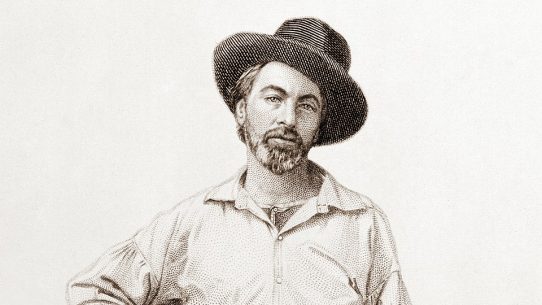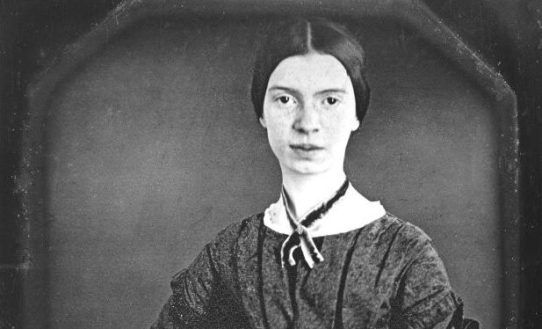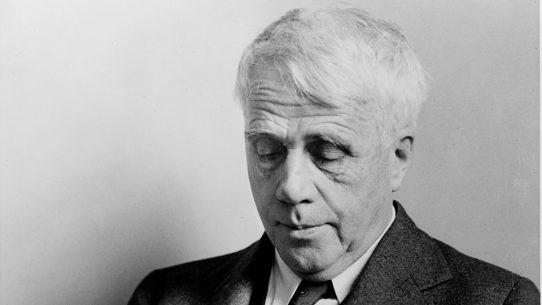Born: August 6, 1809, Somersby, Lincolnshire, England
Died: October 6, 1892, Lurgashall, Sussex, England
Nationality: English
Literary Period/Movement: Victorian
Introduction
Alfred Tennyson (1809–1892) was the foremost English poet of the Victorian era, renowned for his mastery of rhythm and emotion. His poetry, rich in musical language and philosophical reflection, captured both the spirit and the anxiety of an age marked by rapid change and moral questioning.
Early Life and Education
Tennyson was born into a large, literate family in rural Lincolnshire. His father, a clergyman, encouraged a love of books and learning, though the household was often troubled by illness and conflict. Tennyson began writing poetry at a young age and published a joint volume with his brothers while studying at Trinity College, Cambridge.
During his university years, he became part of the literary group known as the “Apostles” and formed a deep friendship with Arthur Henry Hallam, whose early death in 1833 would profoundly shape Tennyson’s life and art.
Literary Career and Major Works
Tennyson’s early works, including Poems, Chiefly Lyrical (1830), revealed his gift for melody and introspection. His later volume, Poems (1842), established him as a major poet with pieces like Ulysses, Locksley Hall, and Break, Break, Break. These poems blended personal grief with universal reflection, earning him both critical and popular acclaim.
His elegy In Memoriam A.H.H. (1850) stands among the century’s most significant works — a long meditation on loss, faith, and scientific doubt. Appointed Poet Laureate the same year, Tennyson composed national works such as The Charge of the Light Brigade and Idylls of the King, the latter reimagining Arthurian legend for a modern audience.
Style, Themes, and Influence
Tennyson’s poetry is characterized by musical precision, rich imagery, and emotional depth. His themes include love, loss, mortality, and the search for meaning in a world of change. He was both a chronicler of his time and a philosopher-poet who explored the conflict between faith and doubt.
His influence extended well into the twentieth century, shaping poets such as Thomas Hardy and W. B. Yeats. Though later critics found his Victorian moralism conservative, his craftsmanship and humanity continue to resonate.
Later Life and Legacy
Wealth and recognition came later in Tennyson’s life, allowing him to live comfortably while continuing to publish. He was raised to the peerage in 1884, becoming Baron Tennyson — the first English poet to receive such an honor. He died in 1892 and was buried in Westminster Abbey’s Poets’ Corner.
Tennyson’s work remains central to English literature, balancing beauty of expression with deep moral inquiry. His poetry captures the Victorian soul — yearning for faith, seeking truth, and cherishing the enduring power of art.
Notable Works
- Poems, Chiefly Lyrical (1830)
- Ulysses (1842)
- In Memoriam A.H.H. (1850)
- The Charge of the Light Brigade (1854)
- Idylls of the King (1859–1885)
- Crossing the Bar (1889)



